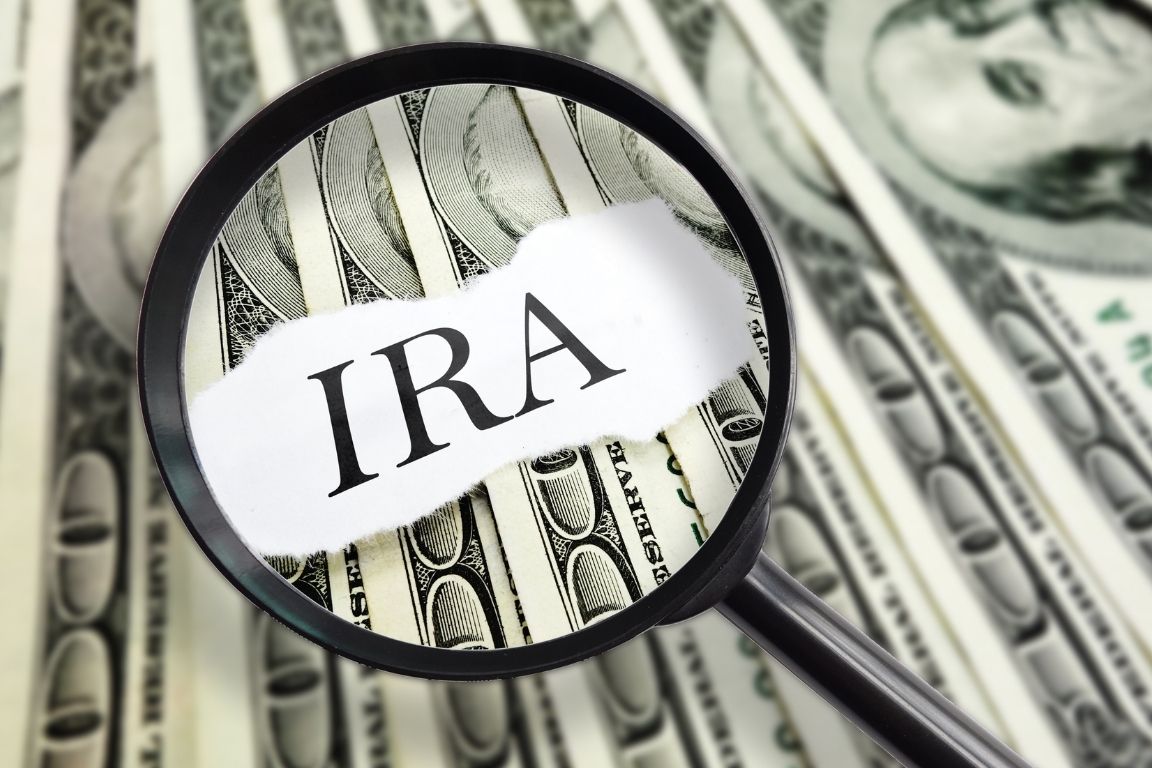For one reason or another, you may have found yourself in possession of multiple individual retirement accounts, or IRAs. You may have an IRA and a 401(k) operating simultaneously as well. Perhaps as you’ve gotten older, you’ve wondered whether you really need more than one IRA going forward. The truth is that you don’t. Diversification is important within a retirement account, but a diversity of accounts is not necessary. At this point, rolling over your accounts into one IRA can make life easier. Here are some reasons to consolidate your IRAs.
Fewer Custodial Fees
In opening and maintaining an IRA, you must entrust the account to a third party, or custodian. This is generally a bank, trust company, or other entity that the Internal Revenue Service has permitted to manage IRAs. Your IRA custodian will handle some of the annual paperwork regarding contributions, withdrawals, and taxation. In turn, this custodian will require an annual fee. If you have multiple IRAs, especially if they’re spread among multiple banking and investing institutions, you could be paying too much in custodial fees. Consolidating your accounts will mean more money in your pocket today and in retirement.
Less Paperwork
The maintenance of even one IRA means a heavy allocation of email and snail mail that you need to read, sign off on, or otherwise deal with. The deluge of paperwork with two or even three IRAs can become overwhelming over the years. Why subject yourself to overseeing multiple retirement accounts if you don’t have to? Consolidating your IRAs will mean less paperwork, less clutter, and less stress. Additionally, having all your IRA funds in one place will make life easier for your beneficiaries as they navigate your funds.
Freedom To Invest Creatively
Traditional IRAs are quite restricted in how they can invest—typically, they are limited to cash, stocks, bonds, and mutual funds. Roth IRAs, while useful for middle-class investors who look forward to tax-free withdrawals in retirement, can complicate matters by running concurrently with tax-deferring traditional IRAs. By “rolling over” your older accounts into a self-directed IRA, you will find yourself not only dealing with less paperwork and fewer fees, but you’ll no longer be bound by the restrictions of traditional IRAs. With a consolidated and self-directed IRA, you can invest in a wealth of opportunities, including precious metals, cryptocurrencies, promissory notes, and hard-money lending. One of the best reasons to consolidate your IRAs is to simplify the bureaucratic side of retirement investing while bringing in diversity and complexity where it matters—in your investments themselves.











